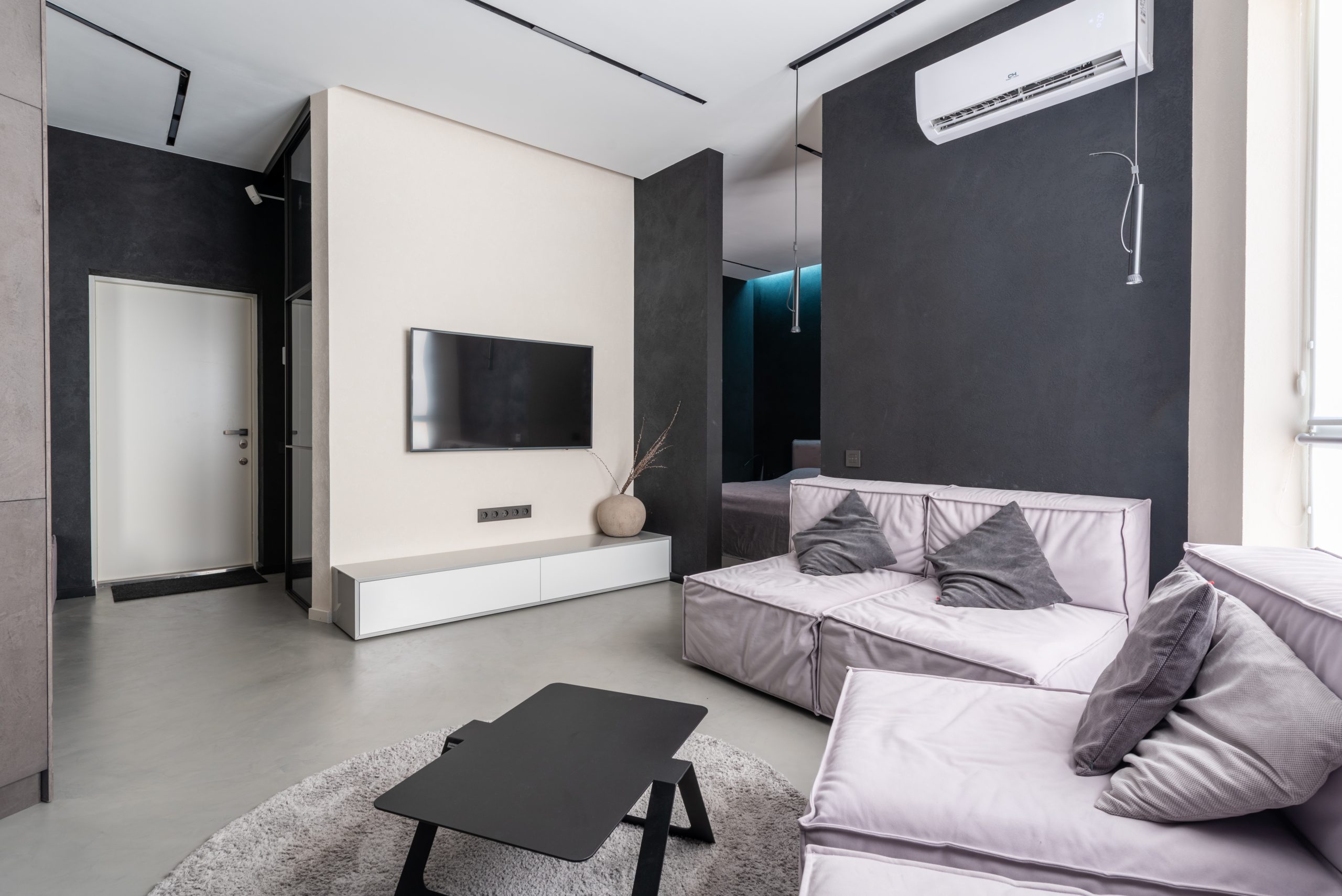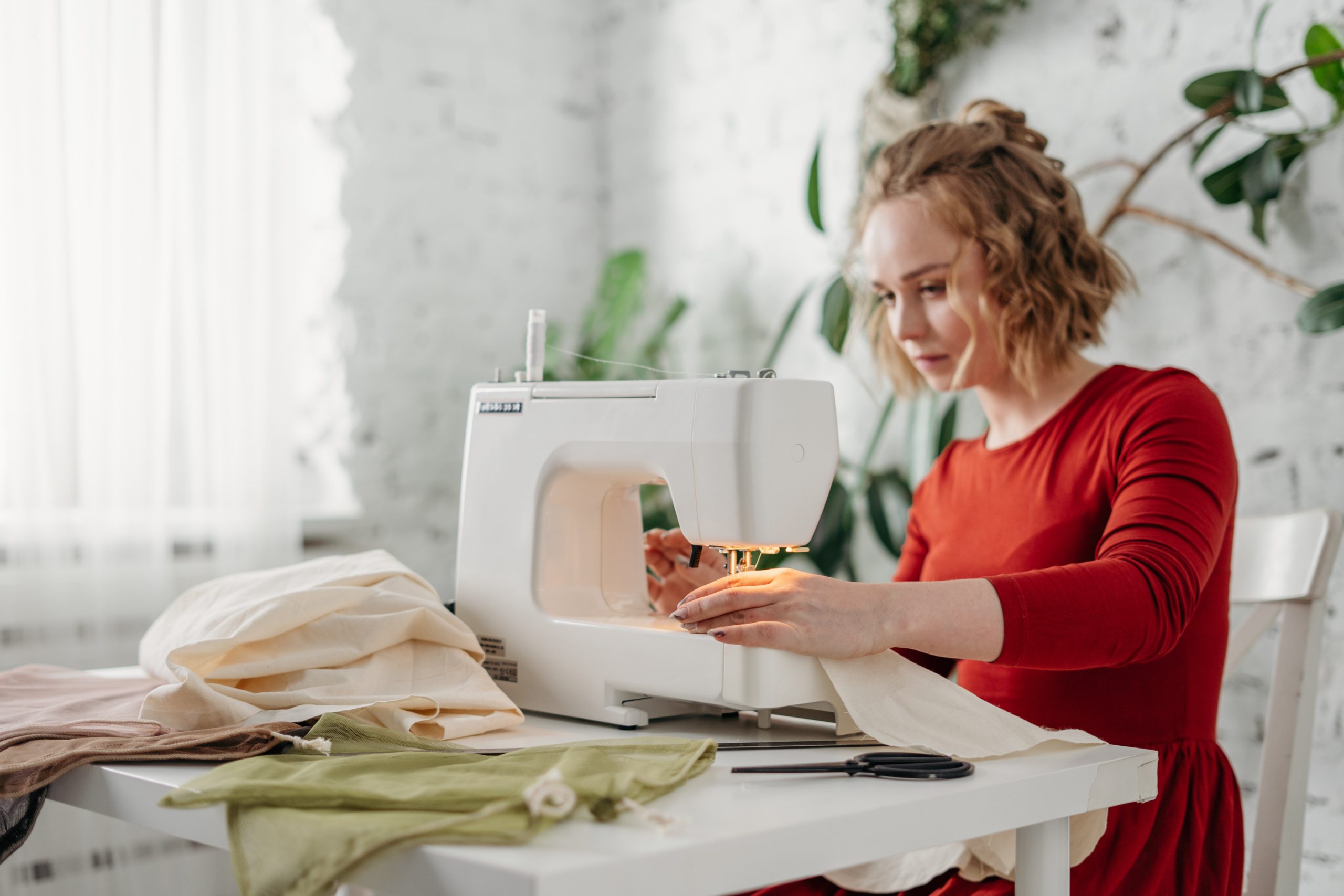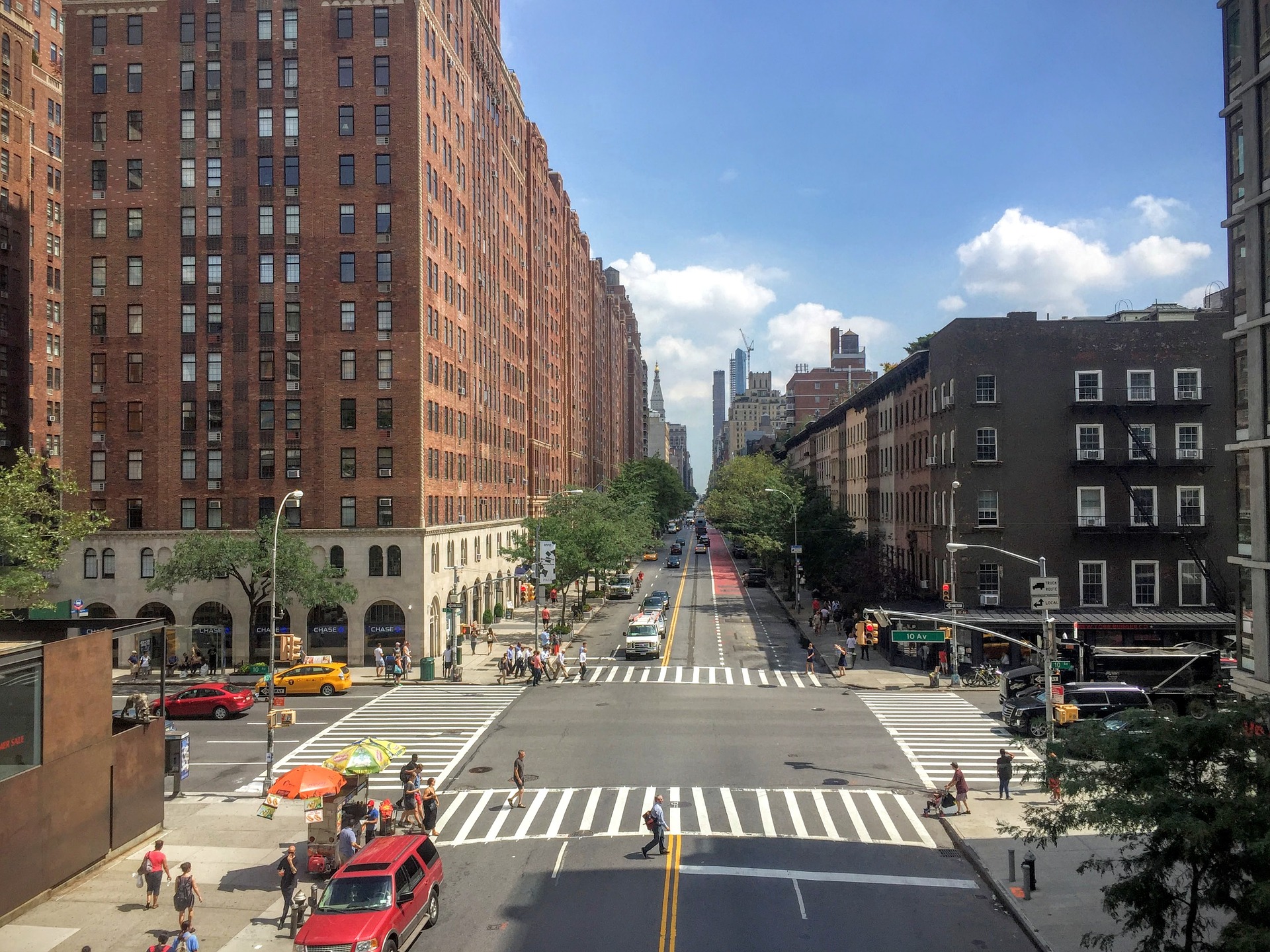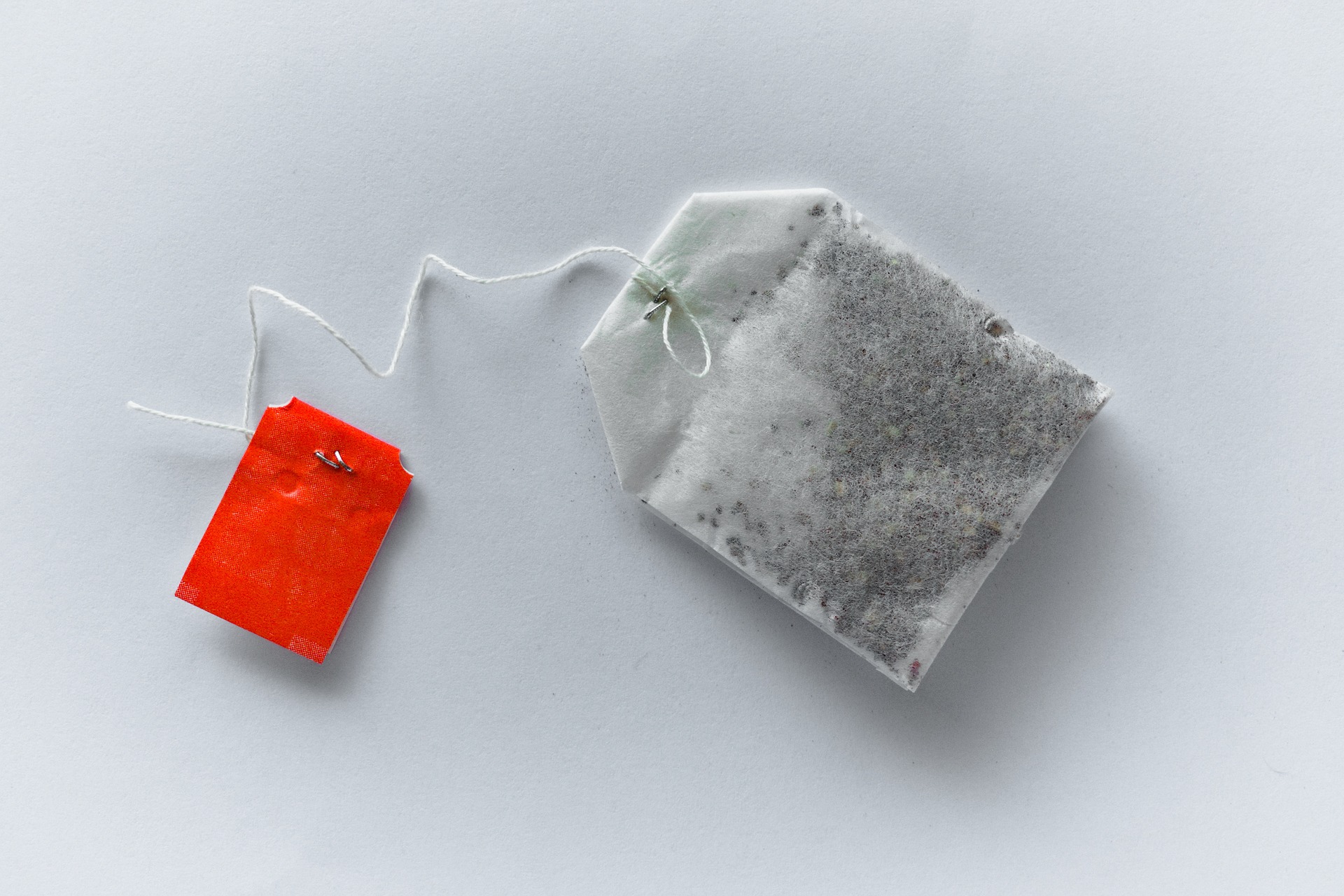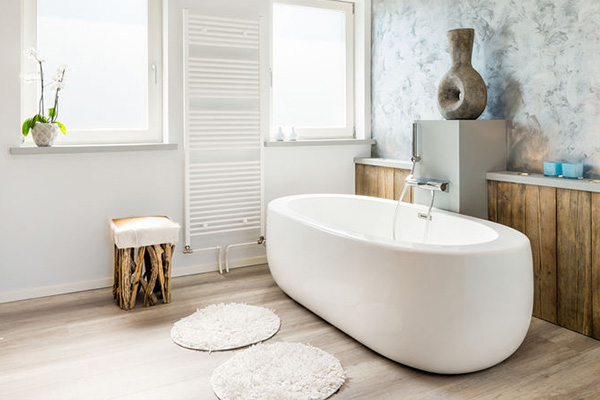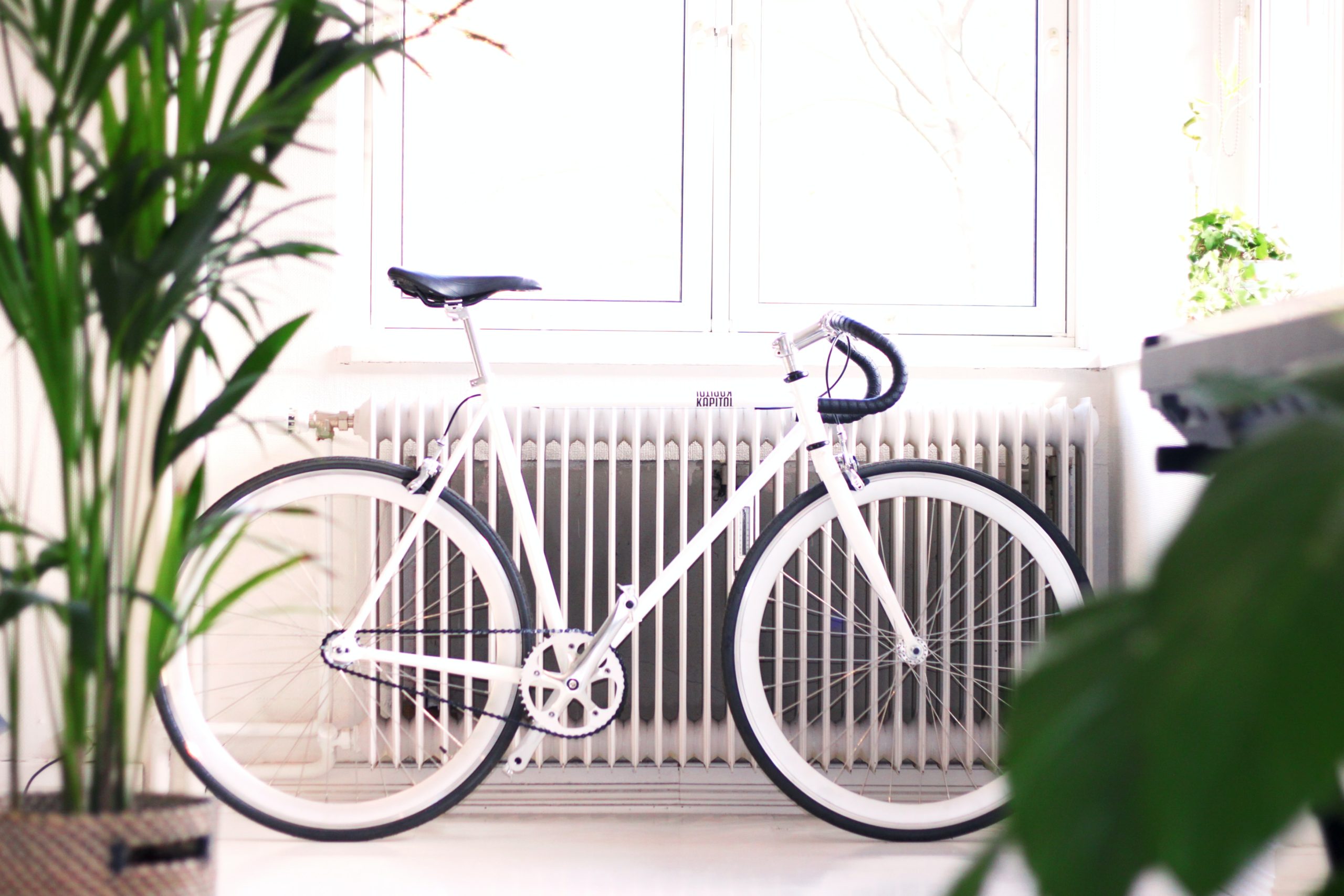
What Boiler Do You Need?*
I have to admit, when I got my own place away from home and student accommodation, it became apparent that I had no idea about anything practical. I didn’t know about how the central heating worked, or setting up a direct debit, if something broke I still called my parents to come help me out. Even now, 10 years later, I’m not sure I could change a lightbulb let alone a fuse. I definitely feel adrift in the world of adulting, but thanks to my good pals Google and Wikipedia, there is always a lifeline for me so I don’t actually end up drowning.
Today I want to give back to the wonderful internet by putting together a post that might help others who like myself really don’t know what they’re doing when it comes to talking the talk about all things adult. And I’m starting with a post about boiler terminology that will help you make an informed decision about what kind of boiler you need. Not only will you need to decide on the boiler you need, but you’ll need to hire someone to install it, and thankfully the Internet can help with that too. Places like Range Heating are great place to start when looking for a new boiler.
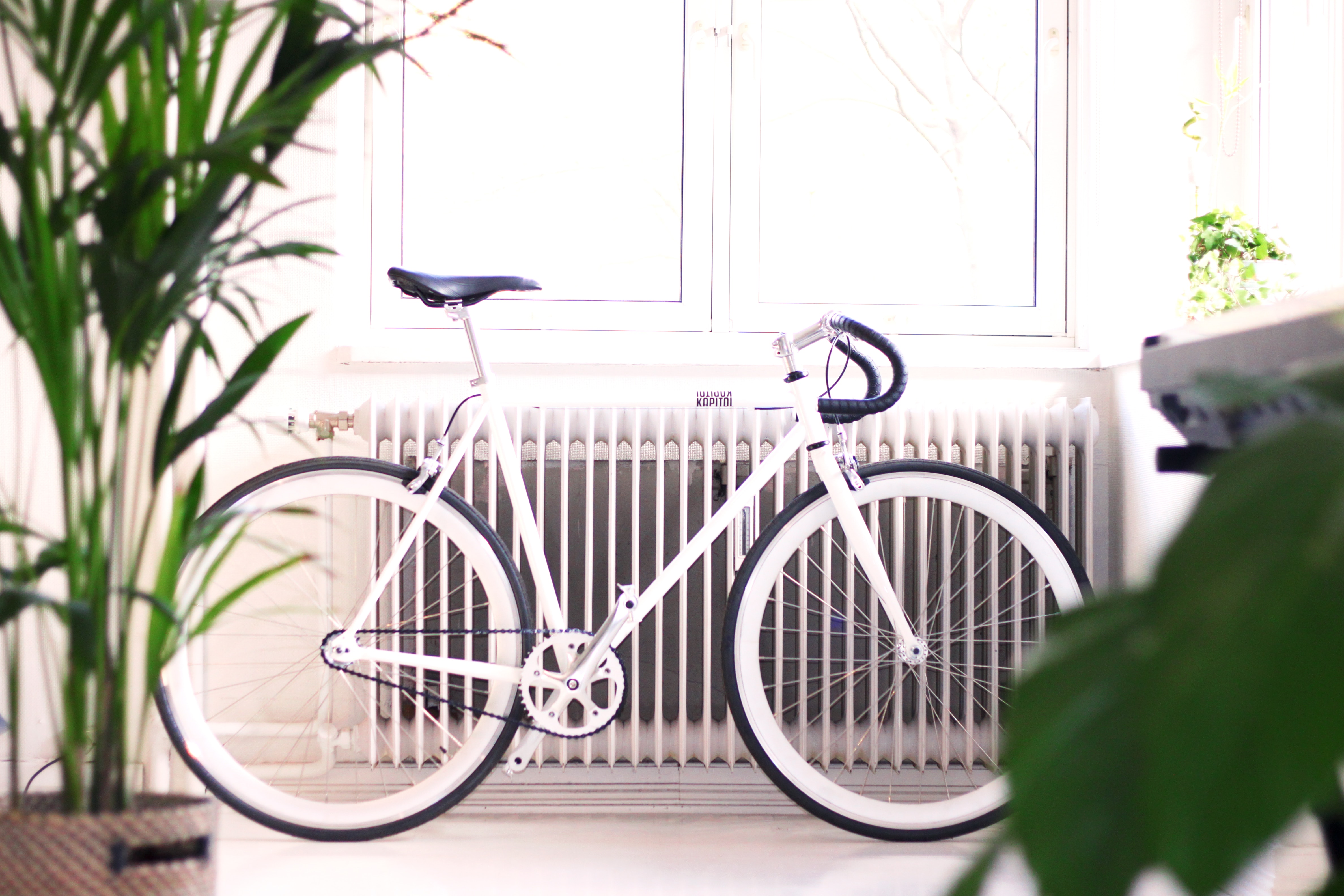
So what kind of boilers are there;
Condensing Boilers
In the UK it is the law to have a condensing boiler, but what is a condensing boiler? Condensing boilers have a large heat exchanger and use latent heat as the fuel. With older boilers the latent heat would escape into the atmosphere and contribute to global warming. Along with reducing your carbon footprint a condensing boiler is more energy efficient and will lower your utility bills.
There are 3 main types of condensing boilers;
Combi Boilers
Combi boilers are the most cost efficient and the one you’re most likely to find in a residential home. Combi boilers control both the hot water and central heating, this means as soon as you turn on the tap, the water will run hot. They don’t use a water tank or cylinder. Some other pros to a combi boiler is that they’re easy to maintain, take up less room and you don’t need to have loft space for one. The cons are they’re not great for larger homes or if you have low water pressure. You also cannot run two hot taps at once.
System Boilers
System boilers are more popular in homes with more than one bathroom. Although they don’t require a water tank, you do need to have a cylinder so you need to have space for that. However they are easy to maintain, you don’t run the risk of frozen pipes in the winter and they can be compatible with solar power systems if you have panels fitted on your roof. The disadvantages to this kind of boiler is the hot water supply can run out and your home will require insulation to avoid heat loss.
Conventional Boilers
Conventional boilers are usually found in older homes. They need both a cylinder and water tank, and like with the system boiler the hot water supply can run out and you will need to wait for it to reheat. However, these boilers are great if you live in an area with low water pressure and they can supply water to multiple taps at the same time. Installation and upkeep can be more expensive due to having multiple parts.
Hopefully anyone who searches the internet for this information will find my post and feel a little less adrift in the sea of terminology!
